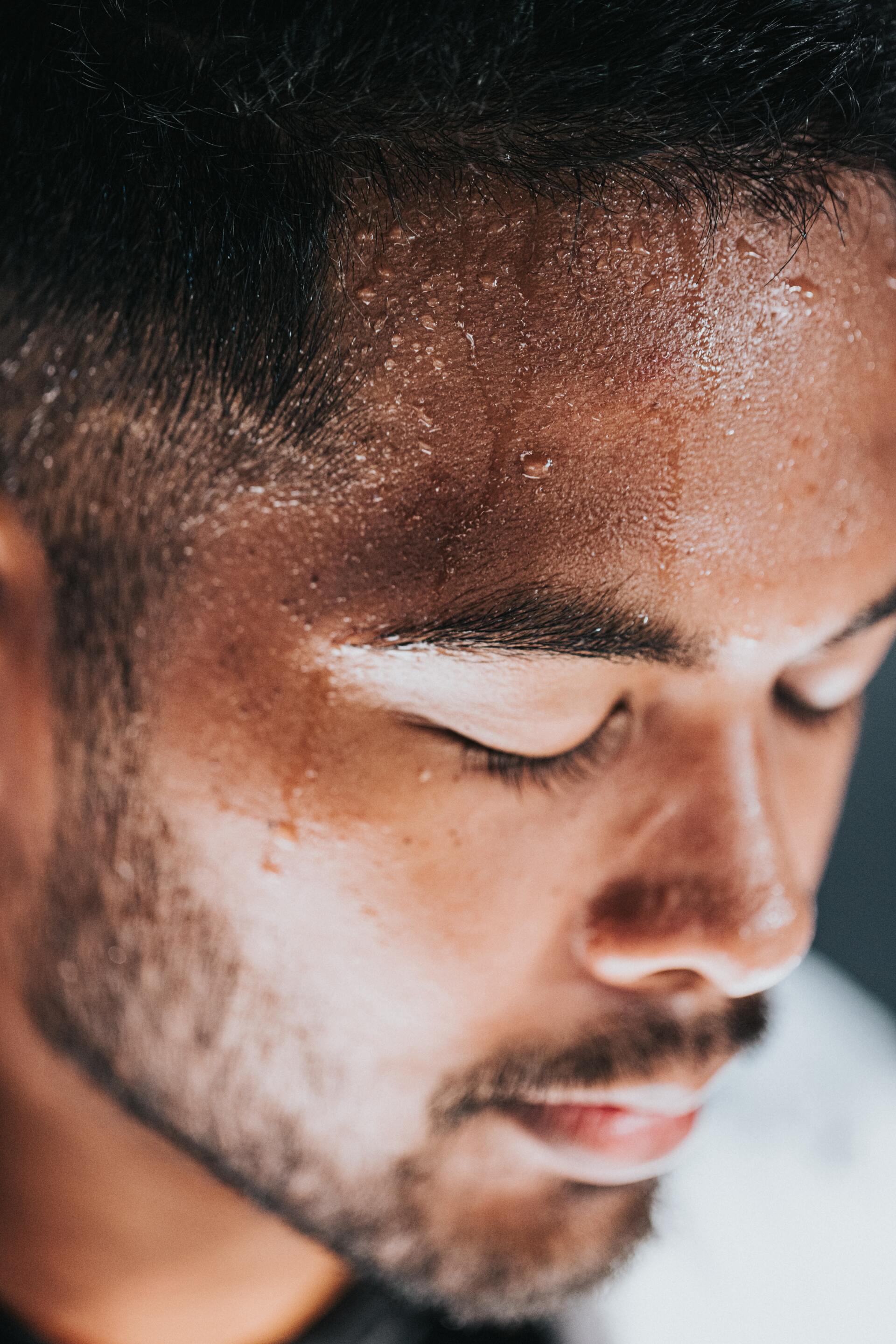How my Physical Body Responds to Trauma
Understanding Initial and Delayed responses after a traumatic event.

Psychologists are always trying to understand the diverse ways that trauma affects a person. As Counsellors and Psychotherapists, we want to help you as a client become aware of these effects so that we can apply appropriate treatments and help you reset your life.
In this 4-part series we are exploring how trauma could be impacting a client’s physical, cognitive, behavioural and existential responses.
Physical Reactions to Trauma
How our physical body responds to trauma will change as time passes. Initially, the reactions might be recognized as shock. These are the fight or flight responses as our bodies go into survival mode. Over time, as we start to process the events, our bodies will shift out of overdrive and may present new responses to the trauma.
Here are some common immediate and delayed reactions to trauma:
Immediate Physical Reactions
- Nausea and/or gastrointestinal distress
- Sweating or shivering
- Faintness
- Muscle tremors or uncontrollable shaking
- Elevated heartbeat, respiration, and blood pressure
- Extreme fatigue or exhaustion
- Greater startle responses
- Depersonalization
Delayed Physical Reactions
- Sleep disturbances, nightmares
- Somatization (e.g., increased focus on and worry about body aches and pains)
- Appetite and digestive changes
- Lowered resistance to colds and infection
- Persistent fatigue
- Elevated cortisol levels
- Hyper-arousal
- Long-term health effects including heart, liver, autoimmune, and chronic obstructive pulmonary disease
Addressing Physical Reactions to Trauma
You may find some of these physical reactions surprising. How your body responds to trauma over time may look different from how another person responds to a similar trauma. Physical symptoms associated with trauma can be intrusive and can interrupt our sense of normal life. There are many ways to address these symptoms so that you can hit the reset button and feel more like yourself.
If you’d like to speak with a Counsellor or Psychotherapist, we’re here to help. Our team members are trained in various trauma modalities and would love to offer their assistance.
Our main office is located in Barrie and we also offer virtual sessions. You can use our online platform to book an appointment today—no referrals needed.
Sources: Briere & Scott, 2006b; Foa, Stein, & McFarlane, 2006; Pietrzak, Goldstein, Southwick, & Grant, 2011. Chapter 3, Understanding the Impact of Trauma. Trauma-Informed Care in Behavioral Health Services.Treatment Improvement Protocol (TIP) Series, No. 57. Center for Substance Abuse Treatment (US). Rockville (MD): Substance Abuse and Mental Health Services Administration (US); 2014. https://www.ncbi.nlm.nih.gov/books/NBK207191/
Image: Nathan Dumlao on Unsplash

